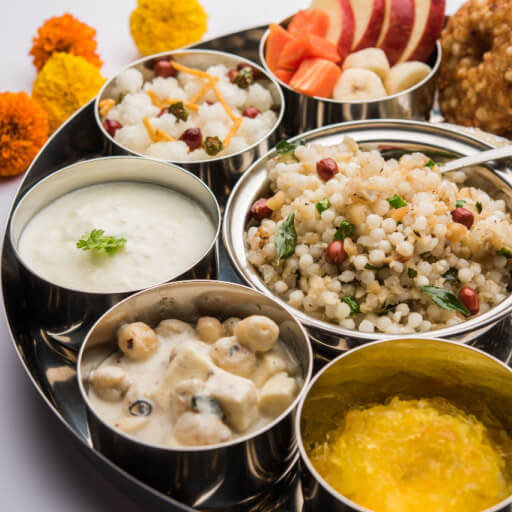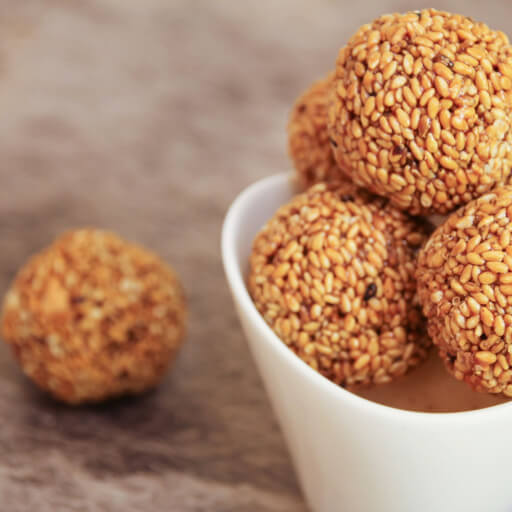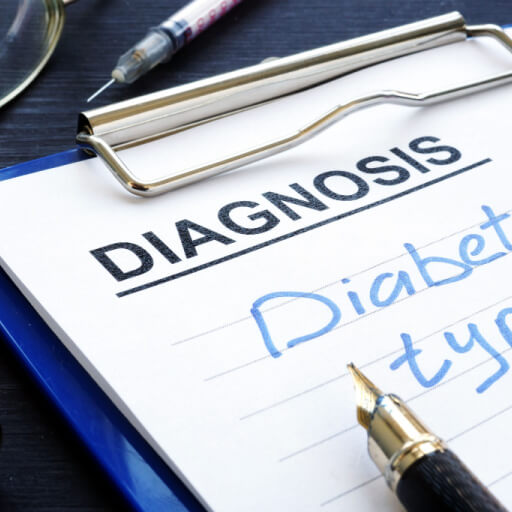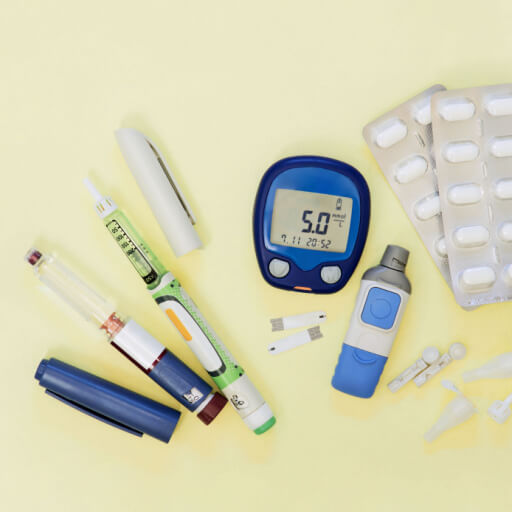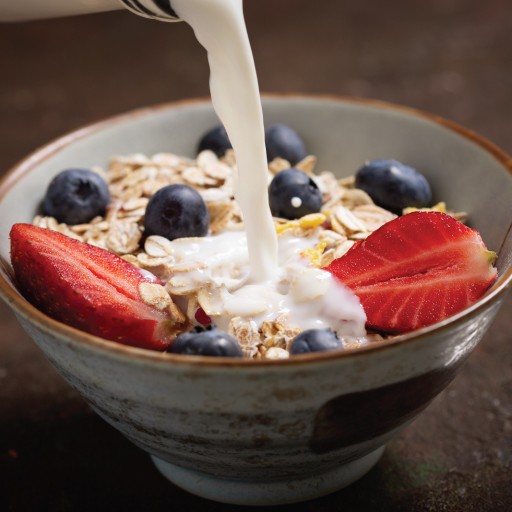With the onset of Navratri, many people observe a fast during these 9 days. While some people only have water or fruits as a part of their fast, others consume a satvik diet with one meal a day and have foods that do not contain onion and garlic. Keeping a fast is also an effective way to detoxify your body by flushing out harmful toxins and cleansing your gut.
What you need to know:
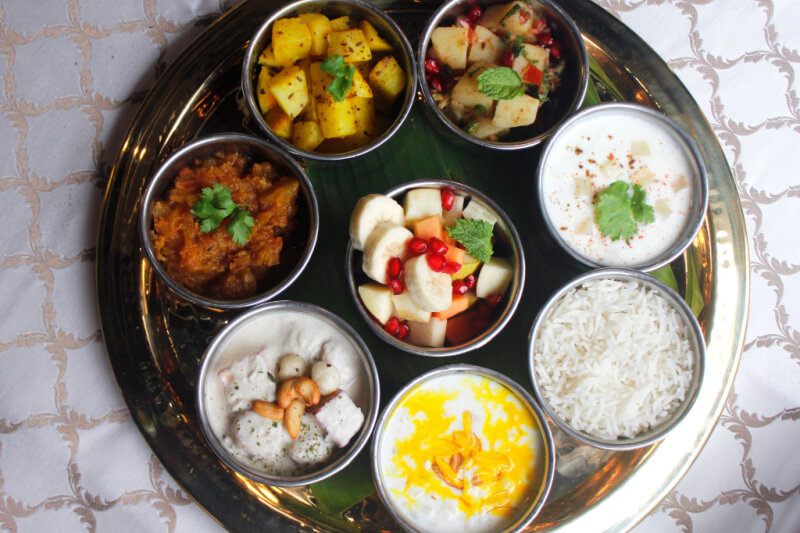
Foods to eat during Navratri fast
These temporary dietary changes can make you tired or lethargic. So, look at foods you should include in your diet to retain your strength and stamina:
- Fruits and vegetables: Fruits, including apples, bananas, and papayas, are a rich source of vitamins, minerals, fibers, and antioxidants. Vegetables such as bottle gourd, sweet potatoes, spinach, pumpkin, cucumber, and carrots can ensure good health and boost your immunity.
- Dairy products: Have milk and dairy, like curd, yogurt, buttermilk, paneer for protein, or raitas, to meet your calcium requirements. These foods also act as excellent sources of prebiotics that can keep your energy levels soaring while taking care of your digestive system.
- Have khichdi or Rotis rather than fried food items such as puris, pakoras, or vadas. Rice and wheat flour are not consumed during fasting. However, you can use other grains such as buckwheat (kuttu), water chestnut flour (singara atta), amarnath flour (rajgira atta), barnyard millet (samai), and sago (sabudana).
- During their Navratri fasts, people consume rock salt (sendha namak). Also called Himalayan crystal salt, this salt restores the body’s electrolytes and maintains pH balance, enhancing blood circulation and mineral equilibrium. Other spices can also include cloves, cumin, and cinnamon. These spices are important in controlling cholesterol and blood sugar levels. They contain antioxidant and anti-inflammatory properties that keep your appetite in check.
- Nuts for fat: Break your fast with a handful of unsalted nuts, including almonds, walnuts, or pistachios. You can also add unsweetened dry fruits like figs, dates, and raisins to your meals.
Foods to avoid during your Navratri fast
Here are foods you should avoid during your 9-day fast:
- Onions and garlic are considered tamasic foods and must be excluded from your diet, along with mushrooms.
- Stay away from greasy foods. Have a fruit chat instead of potato fries, as the latter can make you feel bloated at the end of the day.
- Try and avoid tea or coffee, as they may make you feel dehydrated. Instead, have lemon water (nimbu paani), coconut water, buttermilk, or plain water.
- Avoid using refined sugar in the kheer or halwa recipe. You can depend on cinnamon, honey, cardamom, jaggery, and dates to make your fast delicacies sweet.
- Refrain from overeating when you break your fast.
- Pregnant women, lactating mothers, and people with chronic conditions such as diabetes, blood pressure or other eating disorders should be more careful while fasting.
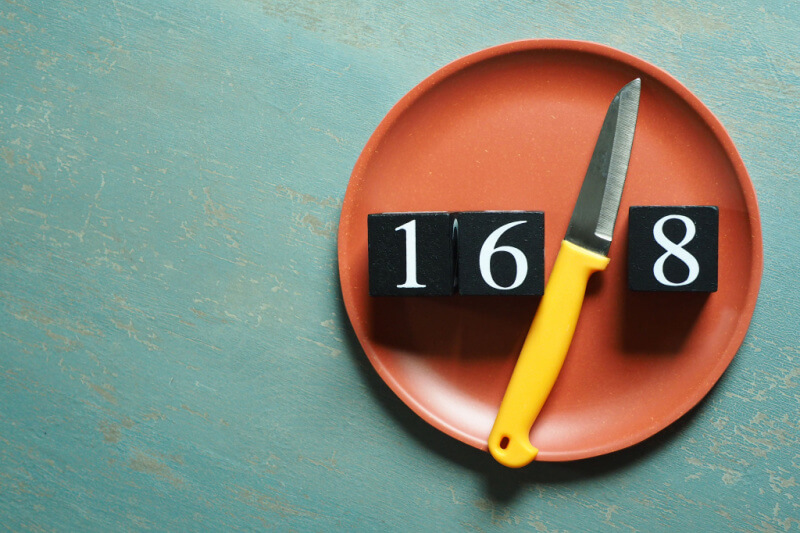
When you do intermittent fasting, it is safe to follow the 16/8 method, featuring a 16-hour fast and an 8-hour eating window wherein you can fit two or more meals.
Stay active in the Activ Living Community to find more details on lifestyle and mindfulness.





 1800-270-7000
1800-270-7000


